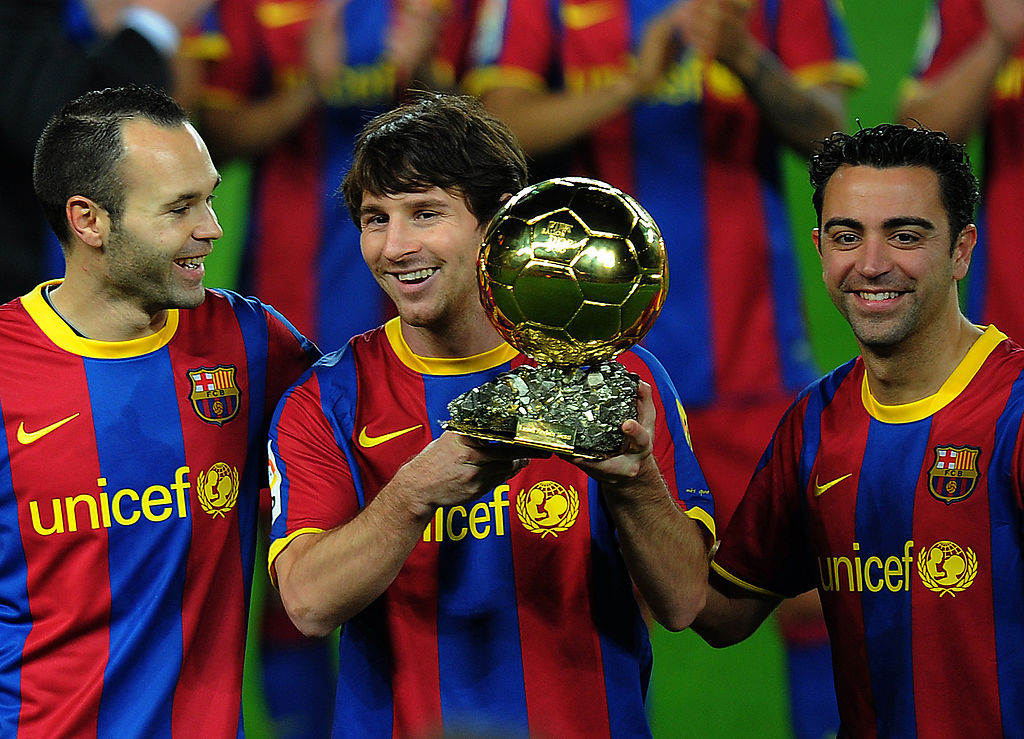Mexico regain CONCACAF supremacy with Gold Cup triumph
With a 4-2 victory over the United States in the final, Mexico not only won the Gold Cup but also regained regional supremacy after a decade of American dominance.
Like Scotland or Spain, CONCACAF (which includes North and Central America) is by and large a two-team affair. Occasionally other nations in the region will produce a noteworthy player â for instance, Honduran David Suazo and Costa Rican Bryan Ruiz â but, lacking anywhere near the populations of the United States (307 million) and Mexico (107 million), they struggle to produce the depth to sustain a full roster.
So, for the past few decades, the U.S. and Mexico have dominated. The last time neither of those two won the Gold Cup was Canada in 2000, over a decade ago. That's also how long the U.S. has dominated the rivalry with Mexico.
Until the turn of the century, El Tri easily and handily overmatched the Americans with better ball control and guile, while their northern neighbours busied themselves with silly things like driving cars around in circles real fast or that sport which uses an elliptical ball that doesn't even roll properly.
It came as some shock and insult to national Mexican pride when the U.S. beat Mexico in the 2002 World Cup Round of 16. Even more frustratingly, since then there's been very little in the way of revenge. Prior to Saturday's final, El Tri hadn't won on American soil against a full squad since August 1999. (The previous Gold Cup final, in 2009, came against a B-side as the Americans preserved their first-choice players for the Confederations Cup.)
NEWS, Sun 26 June: Mexico win thrilling Gold Cup final
However, the result in Pasadena, California last weekend indicates that dominance has shifted back south again. After conceding twice against the run of play, El Tri kept faith in their short passing game and ripped up a slow U.S. backline time and again with leading diagonal balls and superior pace. Even though Clint Dempsey hit the underside of the crossbar when a goal would have levelled the score, the superiority of the Mexicans never seemed in doubt.
Get FourFourTwo Newsletter
The best features, fun and footballing quizzes, straight to your inbox every week.
El Tri-umphant: Mexico celebrate their win
Several aspects have factored into the shift. The first is the emergence of a bright new cycle of national team players. Javier 'Chicharito' Hernandez, he of the random acts of kindness and Manchester United-caliber poaching, leads the group. CONCACAF hasn't seen anyone as good as the 23-year-old since Hugo Sanchez played for Real Madrid in the '80s.
Besides Hernandez, there are a handful of other young prospects. At the ripe old age of 22, Spurs bit-part player Giovanni dos Santos at 22 is finally starting to capitalise on his promise (do yourself a huge favor and watch the replay of his game-sealing goal from the final), Hector Moreno (23) has emerged as the heir to Rafael Marquez at the back, and Pablo Barrera and Andres Guardado (both 24) are crafty wingers much more gifted than the second-tier status of their recently-relegated clubs would suggest.
Compare that spine to the ages of the best American players: Dempsey (28), Landon Donovan (29), Carlos Bocanegra (32), and Tim Howard (32). Central defence, recently the deepest position on the roster, is a particular worry, with Bocanegra and Jay DeMerit on the wrong side of 30 already and the 2014 World Cup three years away.
Tim Ream (23) played himself out of the line-up after starting the first two games, meaning the only reliable new addition to the position from this tournament is Clarence Goodson, who is 29 and whose lack of pace was badly exposed by Mexico's slick attack.
The other main reason for Mexico's resurgence is a coach capable of harnessing that talent. Jose Manuel "Chepo" de la Torre proved himself throughout the tournament a competent coach, adept of pulling out wins in the tough games with astute substitutions and cultivating a specific tactical identity. Not bad considering that for three games he played with a 17-man roster, after five of his squad tested positive for clenbuterol and were suspended.
De la Torre: "No comment"
Though some may consider De la Torre's six names a touch excessive or pretentious, the 45-year-old stands out from his recent predecessors â including the scandal-tainted Sven Goran Eriksson and the loose-lipped Ricardo La Volpe â for his composed demeanour and near-blandness. Pretty much the only thing he gives away in press conferences is a calm competency.
Additionally, his time coaching in the Mexican leagues has allowed him to identify a solid supporting cast for Mexico's expatriate stars. Aldo de Nigris, who came off the bench to score in both the quarter and semi-final, played for De la Torre at Monterrey. Hector Reynoso, who at the age of 30 came on in the final to earn his first cap (and performed better than Rafael Marquez had to that point), had previously been a stalwart at centre-back for the coach at Chivas de Guadalajara.
Next month, El Tri will take a mostly U22 and largely domestic-based squad to compete in the 2011 Copa America. It may be a weakened line-up but at least Mexico will arrive, for the first time in a decade, as the best team north of the Panama Canal.
